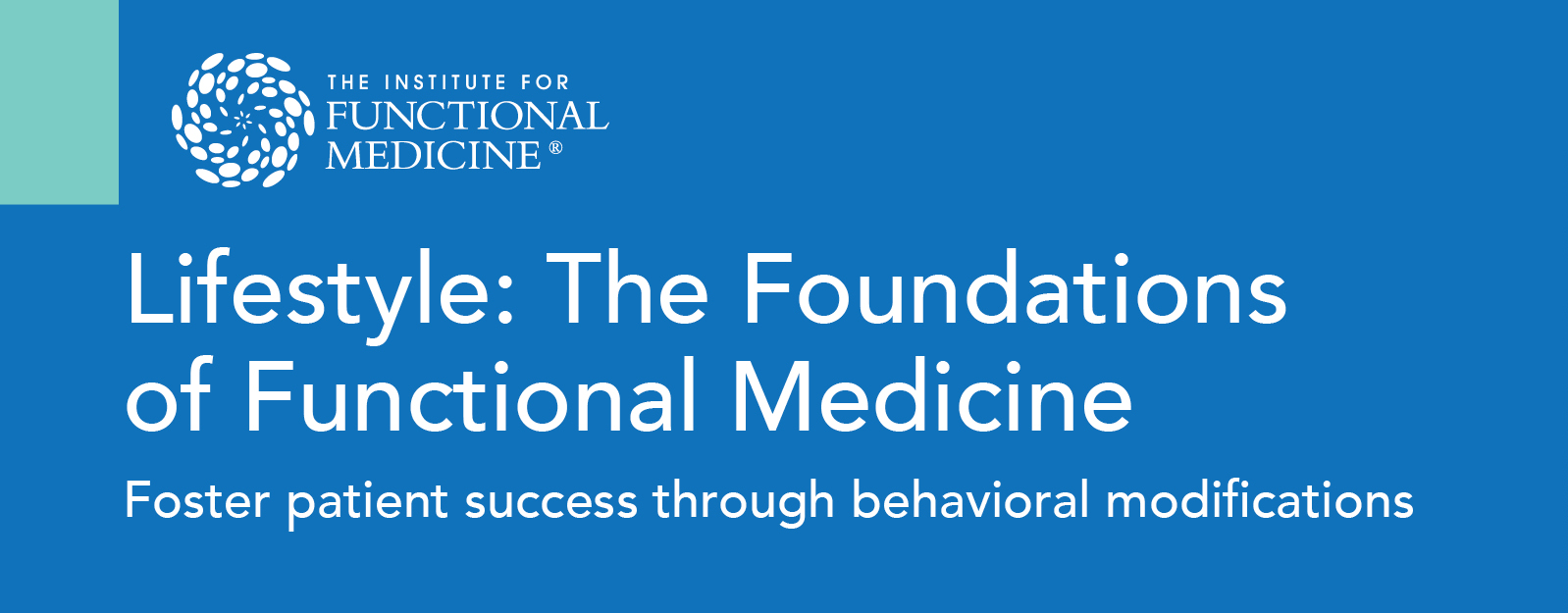
Connections Between Sleep, Health, and Disease
Sleep plays a critical role in health and well-being by helping maintain optimal physiological and cognitive function and influencing host metabolism and immunity. The relationship between sleep and health is complex, but many adults who average less than seven hours per night are more likely to develop a chronic condition. Poor sleep quality is also associated with a higher rate of depressive symptoms. In some cases, achieving restorative sleep can seem difficult; the statistics below highlight the impact of sleep-related dysfunction and offer key techniques for improving sleep practices.
+ References
- National Sleep Foundation. 2020 Sleep in America® poll shows alarming level of sleepiness and low levels of action. Published March 9, 2020. Accessed August 2, 2022. https://www.thensf.org/2020-sleep-in-america-poll-shows-alarming-level-of-sleepiness/
- Nugent CN, Black LI. Sleep duration, quality of sleep, and use of sleep medication, by sex and family type, 2013-2014. NCHS Data Brief. 2016;(230):1-8. https://www.cdc.gov/nchs/data/databriefs/db230.pdf
- Wheaton AG, Jones SE, Cooper AC, Croft JB. Short sleep duration among middle school and high school students — United States, 2015. MMWR Morb Mortal Wkly Rep. 2018;67(3):85-90. doi:10.15585/mmwr.mm6703a1
- Schwab RJ. Insomnia and excessive daytime sleepiness (EDS). MSD Manual: Consumer Version. Revised May 2022. Accessed August 30, 2022. https://www.msdmanuals.com/home/brain,-spinal-cord,-and-nerve-disorders/sleep-disorders/insomnia-and-excessive-daytime-sleepiness-eds
Watch IFM educators discuss sleep

Phyllis C. Zee, MD, PhD

Kristi Hughes, ND

Shilpa P. Saxena, MD

Phyllis C. Zee, MD, PhD
Discover the key to optimized health with Lifestyle: The Foundations of Functional Medicine>
This course explores the evidence-base and clinical applications of modifiable lifestyle factors.
Take a closer look at how the factors below affect the body:


